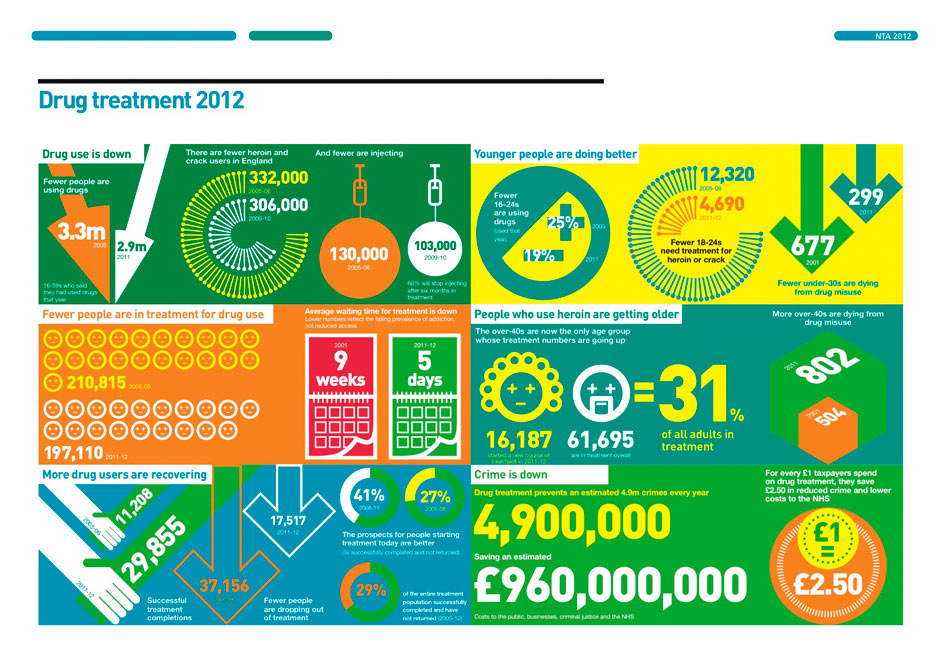Why Aftercare In Drug Rehabilitation Is Essential For Lasting Recovery. Find Out How Support Group Can Help You Remain Sober And Build A Meeting Life
Why Aftercare In Drug Rehabilitation Is Essential For Lasting Recovery. Find Out How Support Group Can Help You Remain Sober And Build A Meeting Life
Blog Article
Is Addiction in the Dsm 5 Muse Treatment Los Angeles California -Johannsen Worm
You can't do it alone. Recuperation from drug addiction needs a strong support system.
The value of aftercare in drug rehabilitation can not be overstated. In Do Inpatient Drug Rehabs Work Muse Treatment , we will certainly discover the role of therapy, the benefits of treatment, and the foundation provided by peer support groups in preserving soberness.
So, order a mug of coffee, unwind, and let us guide you through the vital actions of post-rehabilitation support.
The Role of Therapy in Aftercare
If you wish to preserve your soberness after leaving rehab, it's crucial that you proceed joining therapy sessions as part of your aftercare plan.
Therapy plays a crucial role in your healing trip by offering ongoing support, advice, and a safe room to express your feelings and worries.
With therapy, you can address any type of underlying issues that may have added to your addiction, establish dealing methods, and learn much healthier means to handle stress and yearnings.
It permits you to resolve any kind of unsolved feelings and develop a far better understanding of yourself and your triggers.
The Benefits of Treatment in Maintaining Soberness
To keep your soberness, therapy can supply various benefits.
- Treatment provides a secure space for you to discover and resolve the underlying problems that might have contributed to your dependency.
- It enables you to work through your feelings and establish much healthier ways of handling anxiety and activates.
- With treatment, you can acquire a much better understanding of on your own and your patterns of behavior, which can assist you make positive adjustments in your life.
- Additionally, treatment provides you with a support group of specialists who are educated to assist and help you on your journey to recuperation.
- They can provide beneficial insights, devices, and techniques to help you navigate the difficulties that may develop.
- In therapy, you can discover to establish healthy and balanced coping skills, build durability, and improve your total well-being.
Peer Support Groups: A Foundation for Lasting Healing
You can find long lasting healing by proactively taking part in peer support groups and getting in touch with others that share similar experiences and goals.
Peer support groups provide a secure and non-judgmental space where people in recuperation can come together to share their struggles, successes, and insights. By proactively participating in these teams, you can receive the support and inspiration you need to remain on the course of recovery.
Connecting with others who have actually gone through comparable experiences can be exceptionally empowering, as it aids you realize that you aren't alone in your trip. It additionally allows you to learn from others that've efficiently overcome comparable challenges. With each other, you can celebrate landmarks, hold each other accountable, and deal assistance and guidance.
With these connections, you can build a strong support system that will certainly assist you navigate the ups and downs of recovery and ultimately find long lasting recovery and improvement.
https://blogfreely.net/delphine400hunter/discover-sensible-techniques-to-support-an-enjoyed-one-battling-addiction of aftercare in drug rehab. Counseling, treatment, and peer support groups contribute to lasting recovery. Here's a staggering figure to grasp the size of the issue: research studies reveal that people that receive aftercare treatment are 50% more probable to maintain soberness compared to those who do not.
So, think of the transformative power of these support systems in helping individuals redeem their lives and develop a brighter, drug-free future.
